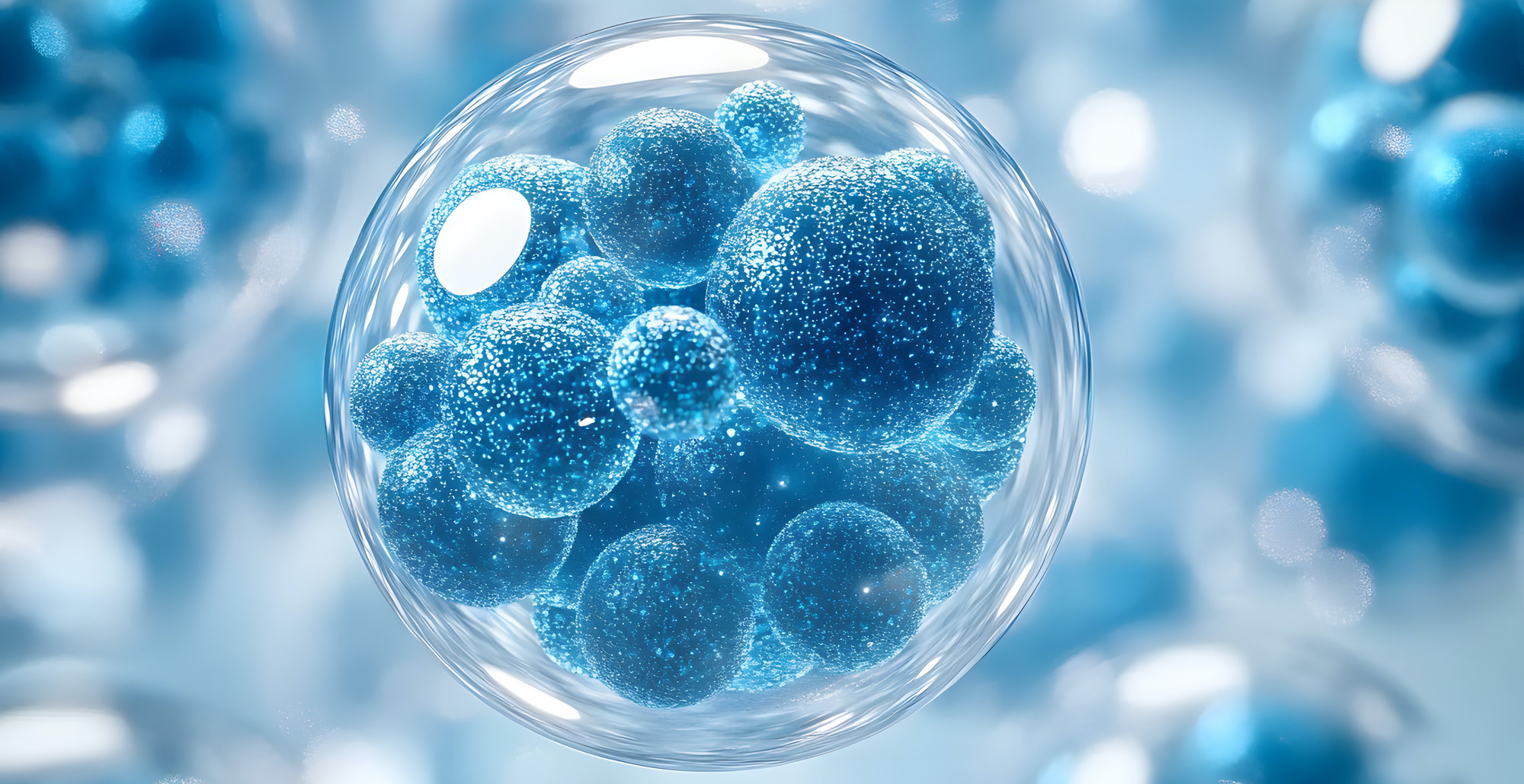When it comes to healing orthopedic injuries, regenerative medicine is transforming the way we approach recovery. One of the most promising advancements in this field is the use of exosomes—tiny cellular messengers that help stimulate tissue repair and reduce inflammation.
At Boston Direct Health, we use exosome therapy to support recovery from tendon injuries, ligament tears, and cartilage damage, offering patients a faster and more effective healing process.
What Are Exosomes?
Exosomes are microscopic vesicles released by cells to communicate with one another. They carry essential proteins, growth factors, and genetic material that help regulate healing processes in the body. Because of their ability to promote cell regeneration and reduce inflammation, exosomes are emerging as a groundbreaking therapy for orthopedic injuries.
Exosomes for Tendon and Ligament Injuries
Tendon and ligament injuries—such as rotator cuff tears, ACL/MCL sprains, and Achilles tendon injuries—can be slow to heal due to limited blood supply in these tissues. Exosome therapy offers a way to accelerate recovery by:
- Stimulating Collagen Production: Exosomes encourage fibroblast activity, which promotes the rebuilding of strong, flexible connective tissue.
- Reducing Inflammation: Chronic inflammation can slow healing and lead to long-term discomfort. Exosomes help regulate the body’s inflammatory response, reducing pain and swelling.
- Enhancing Cellular Repair: By delivering essential growth factors, exosomes support tendon and ligament regeneration at a cellular level, improving tissue strength and function.
Exosomes for Cartilage Repair
Cartilage injuries—such as meniscus tears in the knee and labrum tears in the shoulder or hip—can be particularly challenging to heal due to the lack of direct blood flow to cartilage tissue. This is especially true for hip injuries, where labrum tears can lead to pain, stiffness, and limited mobility. Since the hip joint is crucial for weight-bearing movements, cartilage damage in this area can significantly impact daily activities and athletic performance. Exosomes offer a regenerative approach that may help protect and repair cartilage in these cases.
Exosome therapy may help repair cartilage by:
- Encouraging New Cartilage Formation: Exosomes contain signaling molecules that promote chondrocyte (cartilage cell) growth, aiding in tissue repair.
- Protecting Against Further Damage: By reducing oxidative stress and inflammation, exosomes help preserve existing cartilage and slow down degeneration.
- Supporting Joint Stability and Function: Strengthening cartilage health contributes to overall joint stability, reducing the risk of further injury.
At Boston Direct Health, Dr. Zivich offers joint injections with exosomes for the hands, wrists, elbows, ankles, knees, and the greater trochanter bursa of the hip. However, he does not inject directly into the hip joint, SI joints, or spine.
A Non-Surgical Approach to Healing
For many patients, exosome therapy provides a non-surgical alternative to lengthy recovery times or invasive procedures. Whether you’re an athlete recovering from a sports injury or someone struggling with lingering joint pain, exosomes offer a natural, regenerative option to promote healing and restore function.
Learn More About Exosome Therapy at Boston Direct Health
At Boston Direct Health, we specialize in exosome therapy to help patients recover from orthopedic injuries and get back to an active lifestyle. To find out if exosome treatment is right for you, call us at 617-304-1965 or fill out the form below to contact our team today!







